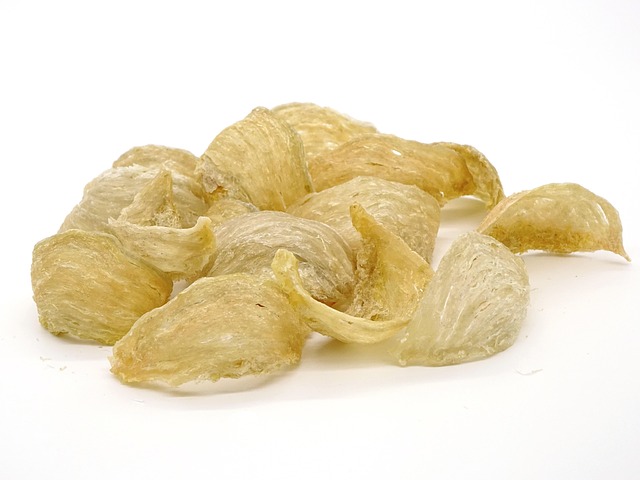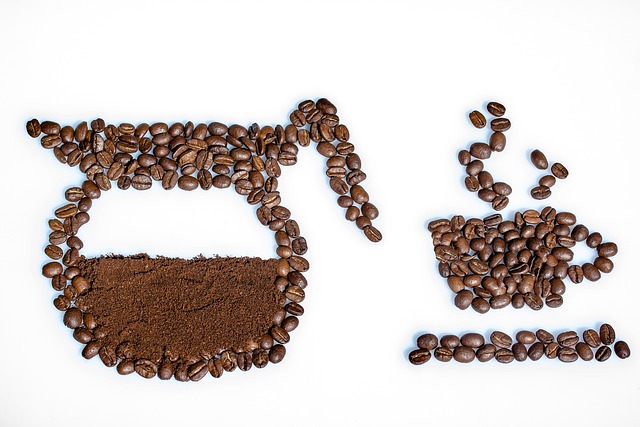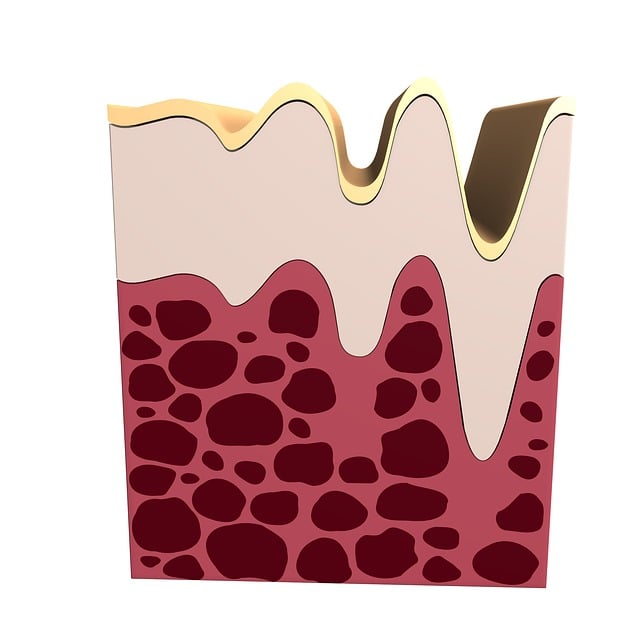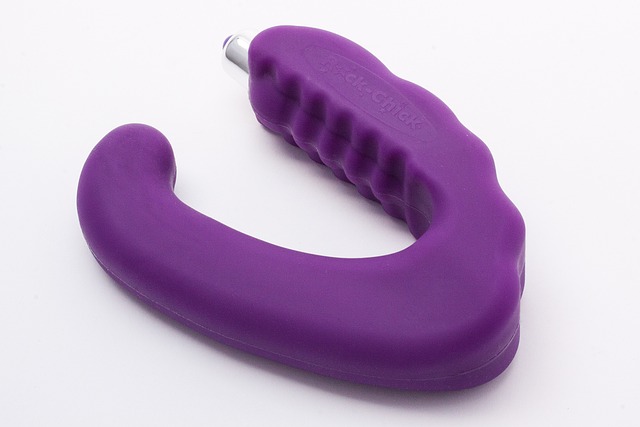Collagen, the skin's essential structural protein, declines with age, leading to signs of aging. Collagen stimulation through skincare routines is crucial for maintaining youthful skin. Topical treatments, including serums with peptides and vitamins, retinoids, vitamin C, and certain peptides, directly boost collagen production. Non-invasive procedures like Intense Pulsed Light (IPL) therapy and chemical peels also stimulate collagen by activating fibroblasts and triggering healing responses. A holistic approach, incorporating adequate sleep, a balanced diet, exercise, and stress management, optimizes collagen health for overall skin rejuvenation.
“Unleash your skin’s radiant potential with our comprehensive guide to collagen-boosting treatments. Collagen, the skin’s structural backbone, plays a pivotal role in maintaining elasticity and youthfulness. As we age, collagen depletion becomes a natural concern. This article delves into the science behind collagen, exploring its significance for skin health. We offer an insightful overview of various treatments, from topical applications to advanced therapies like Intense Pulsed Light (IPL) and chemical peels. Discover lifestyle choices that foster optimal collagen stimulation and learn how to embrace a glowing complexion.”
Understanding Collagen: The Skin's Structural Protein

Collagen, often referred to as the skin’s structural protein, is a key component in maintaining youthful and healthy skin. It provides strength, elasticity, and structure, playing a crucial role in keeping our complexions firm and supple. As we age, natural collagen production slows down, leading to signs of aging such as fine lines and wrinkles. Understanding collagen is essential in navigating the world of skin care treatments aimed at boosting its presence.
Collagen stimulation is a key focus in many modern skincare routines. Various treatments and products claim to enhance or encourage the body’s natural collagen synthesis. Through a combination of ingredients, topicals, and sometimes even technological advancements, these approaches aim to revitalize the skin, improve texture, and reduce visible signs of aging. By targeting collagen, these treatments offer a promising path towards achieving a more youthful and radiant complexion.
Aging and Collagen Depletion: A Natural Process

Aging is a natural process that brings about significant changes in our bodies, and one of the most visible signs is collagen depletion in the skin. Collagen, a protein responsible for providing structure and elasticity to our skin, plays a crucial role in maintaining its youthful appearance. As we age, our body’s natural collagen production slows down, leading to wrinkles, reduced skin firmness, and a general loss of elasticity. This gradual decline is a result of various factors, including environmental exposure, lifestyle choices, and the passing of time.
The decline in collagen levels can accelerate skin aging, making it important to focus on collagen stimulation as part of a skincare routine. Incorporating treatments that boost collagen production can help reverse or mitigate the signs of aging. By stimulating collagen regeneration, these treatments offer a potential solution to achieving and maintaining healthy, youthful-looking skin.
The Role of Collagen in Skin Health and Youthfulness

Collagen, a key protein in our bodies, plays a pivotal role in maintaining skin health and its youthful appearance. It’s the main structural component of our skin, providing strength and elasticity. As we age, natural collagen production slows down, leading to decreased skin firmness and an increased appearance of fine lines and wrinkles. This decline in collagen is often considered one of the primary factors contributing to aging skin.
Collagen stimulation becomes essential in skincare routines as it helps boost the body’s natural production of this vital protein. Various treatments, such as topical creams with peptides or certain vitamins, can support collagen synthesis. By stimulating collagen, these treatments not only improve skin texture and reduce signs of aging but also enhance overall skin hydration and radiance, resulting in a more youthful and vibrant complexion.
Collagen Boosting Treatments: An Overview

Collagen boosting treatments have emerged as a game-changer in the skincare industry, offering a range of options to stimulate and enhance natural collagen production. This focus on collagen stimulation is driven by its role as a fundamental protein that supports skin elasticity, firmness, and overall youthful appearance. By encouraging the body’s natural collagen synthesis, these treatments provide a more sustainable approach to anti-aging, addressing the root cause of fine lines, wrinkles, and sagging skin.
There are various methods to achieve collagen stimulation, from topically applied serums containing key active ingredients like peptides or vitamin C to medical procedures such as microneedling or chemical peels. These treatments work by creating micro-injuries in the skin, which trigger a repair response that boosts collagen production. Each method has its unique benefits and is tailored to different skin types and concerns, ensuring folks can find the right fit for their skincare journey.
Topical Applications for Collagen Stimulation

Topical applications are a popular and effective way to boost collagen production directly on the skin’s surface. Many modern skincare products are formulated with specific active ingredients that target the key signaling pathways involved in collagen synthesis. These ingredients, such as retinoids, vitamin C, and certain peptides, have been extensively studied for their ability to stimulate fibroblasts—the cells responsible for producing collagen. For instance, retinoids, a derivative of vitamin A, have long been used in anti-aging skincare due to their collagen-boosting properties, encouraging the skin to create more elastin and collagen fibers over time.
Vitamin C, another powerful antioxidant, not only protects the skin from environmental damage but also plays a crucial role in stimulating pro-collagen synthesis. When incorporated into skincare routines, these topical applications can help reduce the appearance of fine lines and wrinkles by strengthening the skin’s natural support structure. Additionally, certain peptides, known for their ability to signal fibroblasts, have shown promising results in clinical studies, further enhancing the potential of topical collagen stimulation.
Intense Pulsed Light (IPL) Therapy: Unlocking Collagen Production

Intense Pulsed Light (IPL) Therapy is a cutting-edge approach that has gained popularity in the quest for youthful, radiant skin. This non-invasive treatment utilizes specific wavelengths of light to target various skin concerns, and one of its key benefits lies in its ability to stimulate collagen production. Collagen, often referred to as the building block of our skin, plays a pivotal role in maintaining skin elasticity and a smooth texture.
During IPL therapy, a concentrated beam of light is directed onto the skin, penetrating the upper layers. This light energy is absorbed by specific chromophores in the skin, primarily melanin and blood vessels. The intense light then converts into heat, which stimulates fibroblasts—specialized cells responsible for producing collagen. As a result, it triggers a natural healing response, encouraging the skin to generate new collagen fibers, thereby improving skin firmness and reducing the appearance of fine lines and wrinkles.
Chemical Peels: Exfoliating to Enhance Collagen Formation

Chemical peels are an effective way to stimulate collagen production and enhance skin texture. By exfoliating the top layer of skin, they encourage the body to create new collagen fibers as part of the healing process. This non-invasive procedure uses chemicals to gently remove dead skin cells, exposing smoother, fresher skin beneath. As a result, fine lines and wrinkles appear reduced, and overall skin tone and elasticity improve.
The process involves applying a chemical solution to the face, which creates a controlled injury to the epidermis. This prompts the body’s natural response to regenerate skin cells and boost collagen stimulation. Different peel strengths are available, catering to various skin concerns and tolerance levels. Regular chemical peels can lead to a significant improvement in skin quality over time, making them a popular choice for those seeking collagen-boosting treatments.
Lifestyle Choices for Optimal Collagen Health

Maintaining optimal collagen health goes beyond topical treatments; it’s heavily influenced by lifestyle choices. Adequate sleep is crucial for collagen stimulation, as our bodies produce more collagen during rest. A balanced diet rich in antioxidants, vitamins C and E, and proline-rich foods like citrus fruits, leafy greens, and asparagus supports collagen synthesis. Regular exercise also plays a role by promoting blood flow to the skin, enhancing nutrient delivery and collagen production.
Additionally, managing stress levels is essential. Chronic stress can disrupt the body’s ability to produce collagen. Engaging in activities that reduce stress, such as meditation, yoga, or spending time outdoors, can help maintain healthy collagen levels. Staying hydrated by drinking enough water also contributes to optimal collagen health, as hydration supports skin elasticity and overall collagen integrity.
